Angry, sad, confused, excited, happy, frustrated. All of these are part of a universal experience of being a human being. So much so, that there is language to describe these states of being in every language and culture. But what exactly are we talking about when we refer to emotions, and why do they matter?
You may already be aware that emotions don’t just happen in the mind; they are neurochemical experiences occurring first in the body. Often, a particular emotion will correlate with a physical area. Have you ever experienced white-hot anger blooming across your chest and arms? Or the sudden drop in your gut when you experienced a deep disappointment or loss?
Poets and playwrights knew this long before therapy was covered under your extended medical plan. You will no doubt have heard about having a heartache, a lump in your throat, or a gut feeling. You can rest assured that the sensations you experience in your body are not just happening inside of you, they are happening inside of everyone you know. This includes those of us who seem “unemotional” or “detached” on the surface.
Sometimes our emotions are not even obvious to ourselves, but they are no less real. Studies show that those with avoidant attachment, though they may not even be aware of it, may have elevated heart rates during arguments with their partners. Babies with avoidant attachment, similarly, show just as much distress on a physiological level when their mothers leave the room as babies who are overtly distressed, even though avoidant babies seem to continue to play normally. If you have questions about avoidant attachment or think you may be experiencing some kind of avoidance of your emotions, this is a great conversation to have with your counsellor.
Many years ago, Sigmund Freud waved his arms about “repression” (when we push down unwanted or icky feelings). Today, neuroscience is starting to back him up. Brain scans can now reveal the areas of the brain where the experience of emotion is being blocked.
This is to say that while you may tell yourself that you have successfully banished an unwanted emotion, it is more likely you have only banished the felt experience. The emotion itself is actually still living inside of you. Sometimes emotions that were once banished will later surface in unexpected ways, such as in the form of physical ailments or problems with elimination. These emotions are asking to be brought to the surface and witnessed by you.
So, by now it may be clear that there isn’t much advantage to banishing your emotions, at least not permanently. While you might use your judgment about when is the appropriate time to be with them, at some point it’s a good idea to listen to your body. Emotions that you resist “persist”, which is to say that until they’ve been witnessed and processed, they may hang around and reveal themselves in quirky and unexpected ways.
Counselling is a great place for you to feel through and witness your emotions. Your counsellor is skilled in asking the kinds of questions that will help you reveal what is already living inside of you, and provide a supportive and safe environment for them to be released. Sometimes this process can be difficult, but most people feel a sense of lightness and relief once they have felt through trapped emotions.
If you struggle to know what you are feeling, don’t worry, This is very common in the Western world, where we prioritize logic and linear thought. To get into a better relationship with your emotions, the best thing to do is to slowly begin to notice the sensations in your body, and begin to name them. You will become more advanced as you begin to notice in real time the “why” behind the feeling. For example, you might realize something like “Oh, I think I feel a bit of sadness. I feel looseness in my shoulders and a sinking feeling in the pit of my stomach. I feel sad because I realized how much I miss the carefree way I felt before the pandemic….”
Keep going with it. Like anything else, this work takes time, but the results are worth it. Your counsellor can be a great support to you as you go through this process.
Danielle Burgess is a junior Clinical Counsellor at Expressions Counselling, awaiting her registration with BC Association of Clinical Counsellors. She is passionate about working with individuals to overcome complex trauma and relationship issues. She sees clients online.











